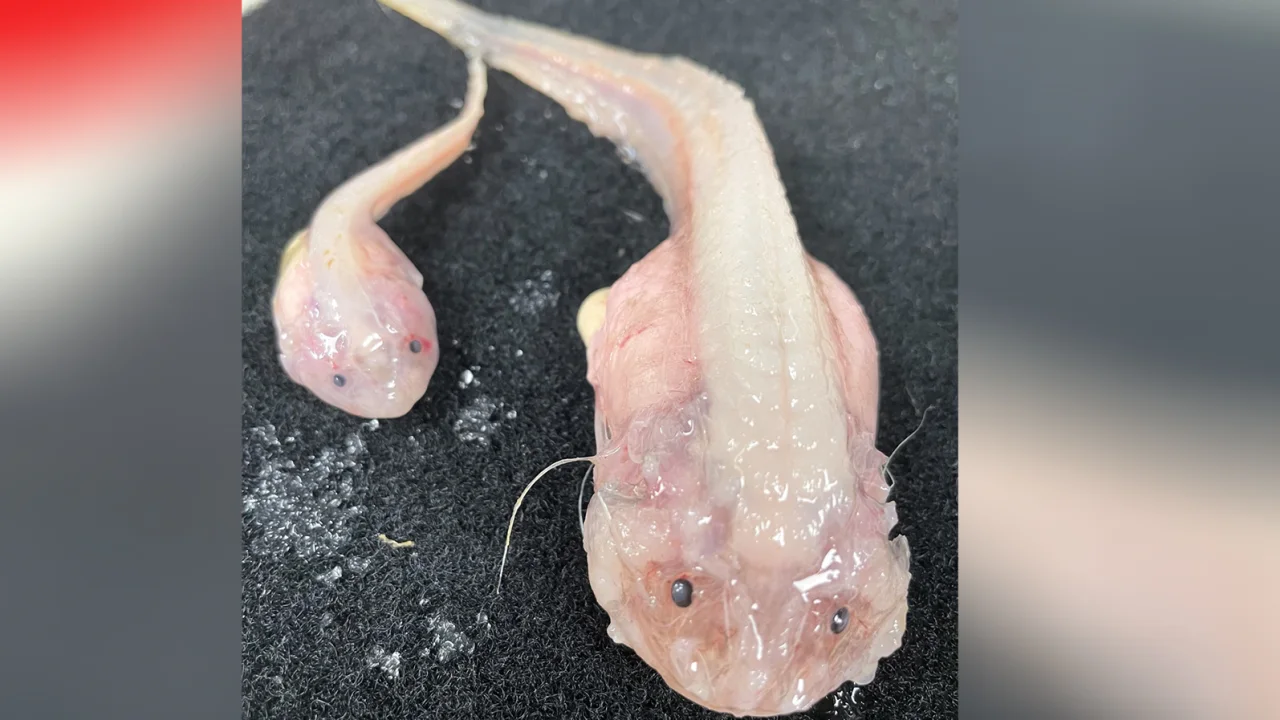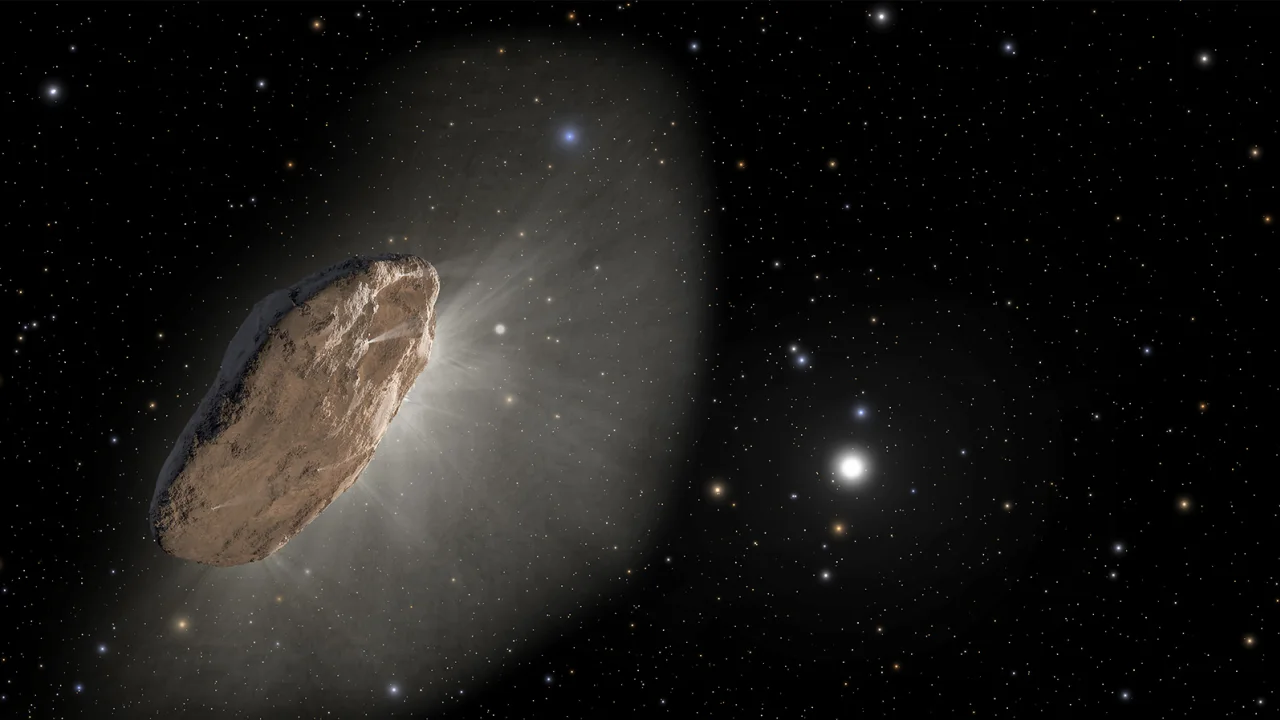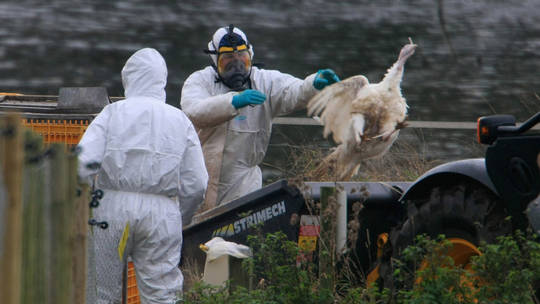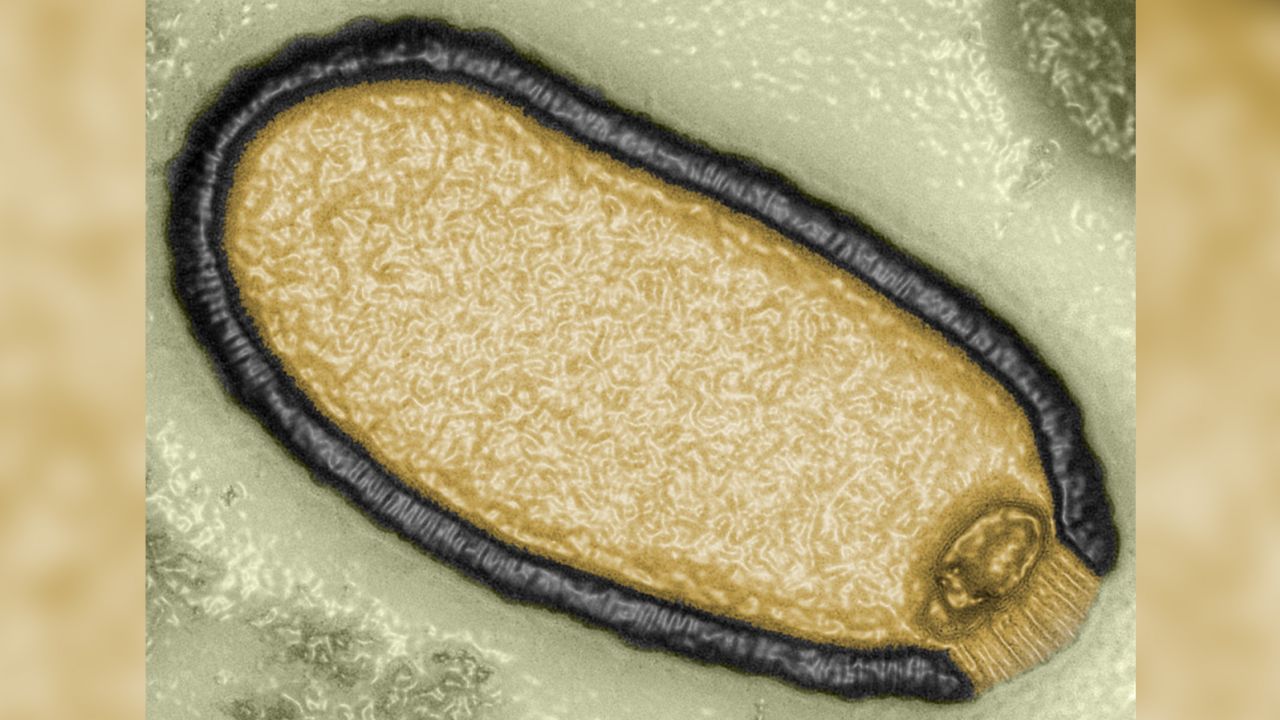Scientists consider brain cells for AI.
March 2, 2023Tweet

(RT) ⸻ Johns Hopkins University is working on artificial intelligence (AI) built from human brain cells. The project is led by Thomas Hartung, a professor of environmental health sciences at the Johns Hopkins Bloomberg School of Public Health and Whiting School of Engineering. Hartung argues that computing and artificial intelligence are reaching a ceiling and the hardware limitations can be overcome with "organoids" – lab-grown tissue resembling human organs. This research will benefit self-learning AI, but also advance the treatment of human cognition issues and impairments. ChatGPT, the language-processing tool created by OpenAI, has been making headlines and garnering controversy.
Tesla and SpaceX owner Elon Musk called the bot "scary good" on Twitter in December and is looking into creating his own neural network competitor. Beijing is both seeking to develop its own AI analogue and simultaneously banning access to the US-based one, arguing that it can be used to "spread false information."
Comments
Related news

Deepest fish ever captured on camera by scientists off Japan
Read more
What propelled an interstellar comet into our solar system is revealed by scientists.
Read more
Bird flu mutations scare scientists.
Read more
Nord Stream explosions injured Baltic wildlife—scientists
Read more
A "zombie" virus that was frozen in permafrost for 48,500 years has been awakened by scientists.
Read more
Brain-eating amoeba kills Floridian.
Read more
Scientists worry the Great Salt Lake may create a toxic dustbowl.
Read more
Drones made from dead birds by scientists
Read more
In mice, long-term memory storage was improved by scientists. As follows
Read more